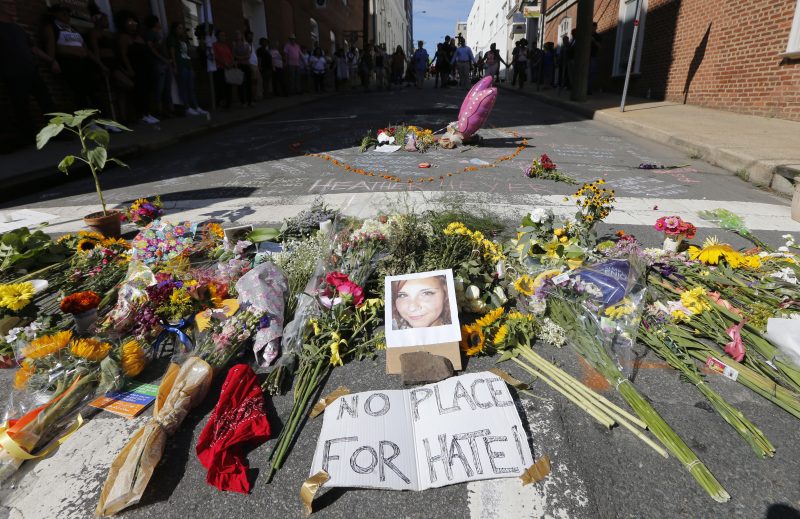In a society where words hold immense power, it is essential to carefully analyze the language used by public figures. One such figure whose remarks have sparked controversy is former President Donald Trump. His infamous comments about very fine people after the Charlottesville protests in 2017 have been dissected and debated extensively. While some may argue that his intent was misconstrued, a closer examination of the context and implications of his words reveal deeper meanings.
When Trump referred to the participants of the Charlottesville protests as very fine people, he seemed to be making a blanket statement about the individuals involved. However, the reality is far more complex. The protests were initially organized by white supremacist groups, including neo-Nazis and members of the Ku Klux Klan, whose ideologies are steeped in hatred and discrimination. By labeling them as very fine people, Trump effectively downplayed the severity of their actions and beliefs.
Additionally, Trump’s comments failed to acknowledge the counter-protesters who were present at the event. These individuals stood against the hate and bigotry perpetuated by the white supremacist groups, yet their voices were overshadowed by Trump’s ambiguous language. By failing to differentiate between the two opposing groups, Trump created a false equivalency that ignored the underlying issues and tensions at play.
It is also important to consider the broader implications of Trump’s words. As the leader of a nation that prides itself on diversity and inclusivity, his failure to unequivocally denounce white supremacy sent a troubling message to both his supporters and detractors. By providing a platform for hate groups to thrive, Trump’s rhetoric perpetuated a divisive and hostile social climate that continues to impact communities across the country.
In light of these considerations, it becomes clear that Trump’s comments about very fine people were not simply a matter of poor phrasing or misinterpretation. Instead, they revealed a deeper failure to address the fundamental values of unity and tolerance that should guide a nation. By scrutinizing the language and intent behind such remarks, we can better understand the impact of rhetoric on social dynamics and work towards fostering a more inclusive and equitable society.


























